Why did Didi go public in the United States against the wind?
Why is Topwind going public in the United States? On June 30, 2021, Didi went public on the New York Stock Exchange with a low profile, with a market value of $68.08 billion. Originally, Didi's successful listing should have brought a long awaited wealth feast to investors, which is something to celebrate. Why is Didi secretly going public this time? Then something happened. On the midnight of July 4th, the National Cyberspace Administration announced the removal of the Didi Travel APP! Only available for 5 days. Didi was taken off the shelf. The reason given is: network security.
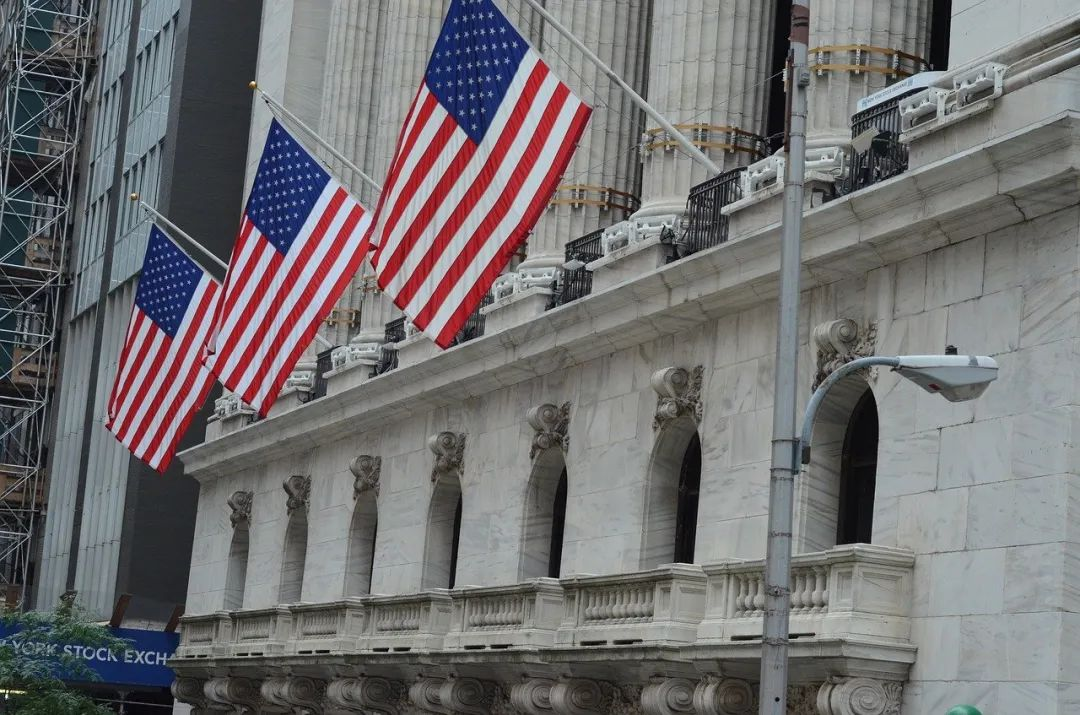
Organize this matter. Regarding Didi's listing in the United States, I believe they will definitely report it to the relevant departments of the Chinese government in advance, and the relevant departments may have given them a conservative response. So why did Didi take the risk and insist on going public in the United States without the government's permission? Let's first review the development process of Didi. We know that there used to be Didi and Kuaidi. In 2015, Didi and Kuaidi merged. Then there was competition between Didi and Uber, and in 2017, Didi and Uber merged again.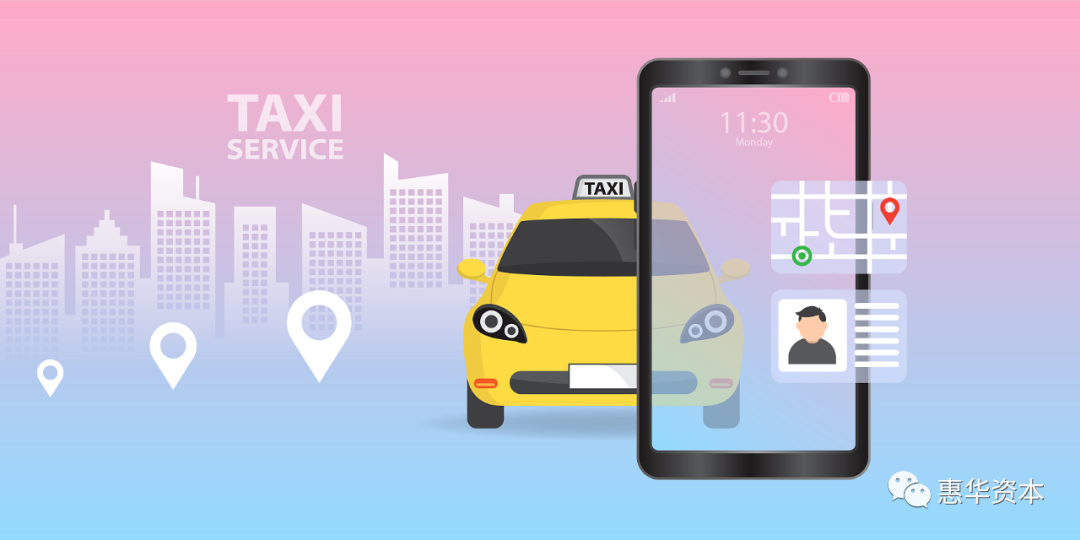
What is the result of this merger? In the fierce competition between Didi and Kuaidi, followed by Uber, their information was still scattered and the market was still competitive. At that time, taxi fares were very favorable. After their merger, they were already a dominant monopoly platform of nearly 90%.
We have said that Didi's profits are from the franchise rights of urban transportation, government public power, and institutional arbitrage. Who is the direct beneficiary of the benefits of taking a taxi like this? Let's take a look at Didi's shareholder structure. Didi's largest institutional shareholders are SoftBank of Japan and Uber of the United States. Among them, Softbank holds 20.2% of the shares, Uber holds 12%, and Tencent, the third largest shareholder, holds only 6.4%. Other types of equity have been dispersed to small shareholders who do not need to be specified. Their names are called "compradors", and what compradors are, in simple terms, are intermediaries who help capital steal rights.
How can such a large amount of equity be transferred to capital and compradors? A company with a VIE structure, dominated by foreign equity, can only choose foreign listings. Government power can only be transformed into commercial interests on the internet. Only by listing and selling globally can it avoid national regulatory agencies, and compradors and capital earning exorbitant profits can it be realized.
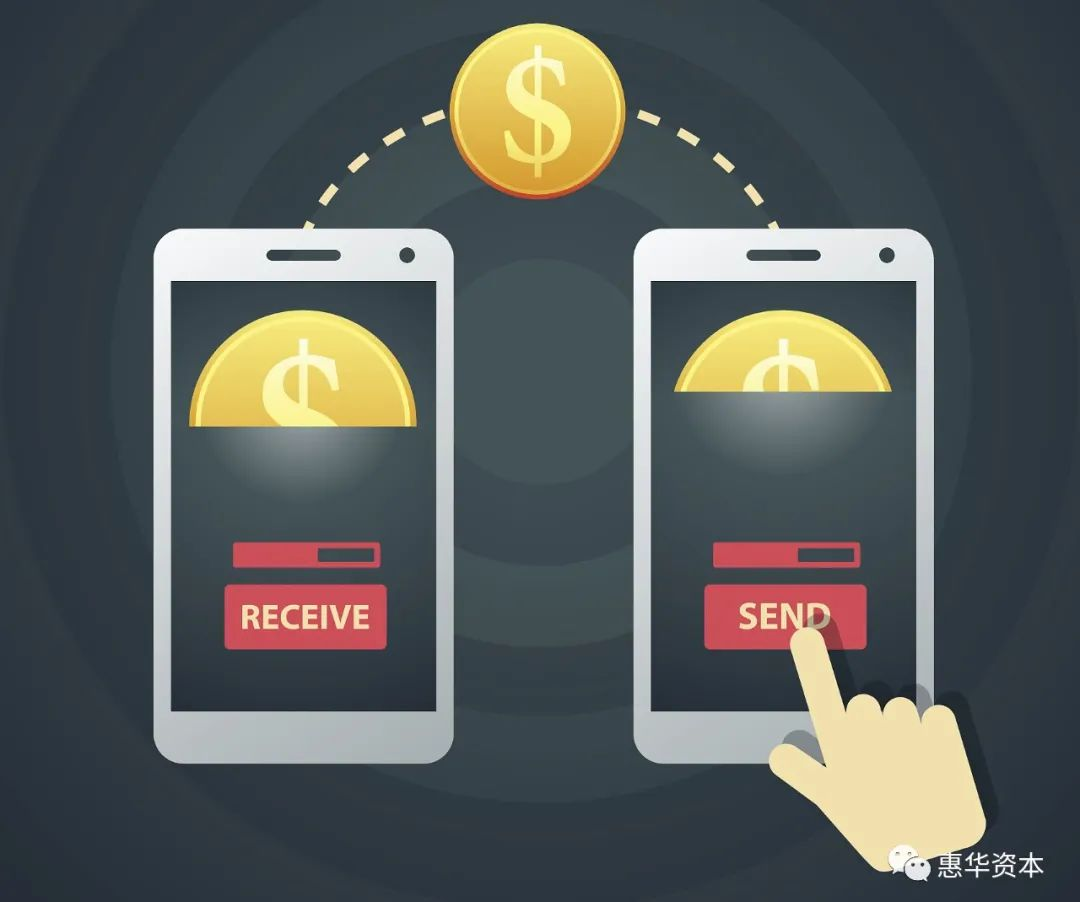
This summary reveals why Didi secretly went public in the United States under the warning of China's regulatory structure. Without going public in the United States, compradors and capital cannot be monetized. Such a huge benefit is worth taking a risk, so Didi secretly went to the United States to list. I guessed that he was thinking of cooking mature rice with uncooked rice, but after a time difference, he realized it and said goodbye. Fortunately, the regulatory authorities in our country have responded quite quickly, taking all your apps off the shelves within 5 days, making it impossible for you to do business. I'll see how you monetize it! The regulatory authorities quickly responded that if Didi wants to go public in the future, it can only go back to Hong Kong. This is another long road. In this capital feast, those "compradors" who hope to steal the wealth of the country and people will surely be drowned on this Long March.
Alright, that's all for today. Behind successful investment, there must be a legitimate business logic. Personally, I believe that the current business logic will be based on common prosperity. Individual capital and comprador prosperity are not socialist common prosperity. So their returns are at risk.
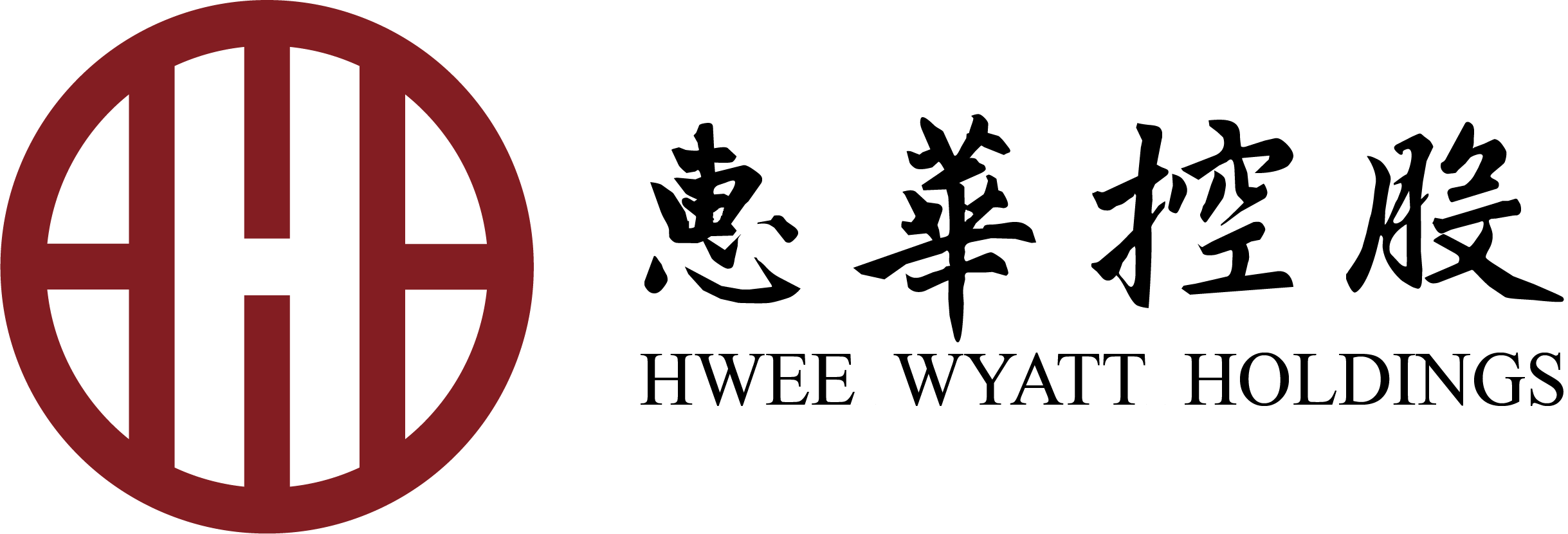



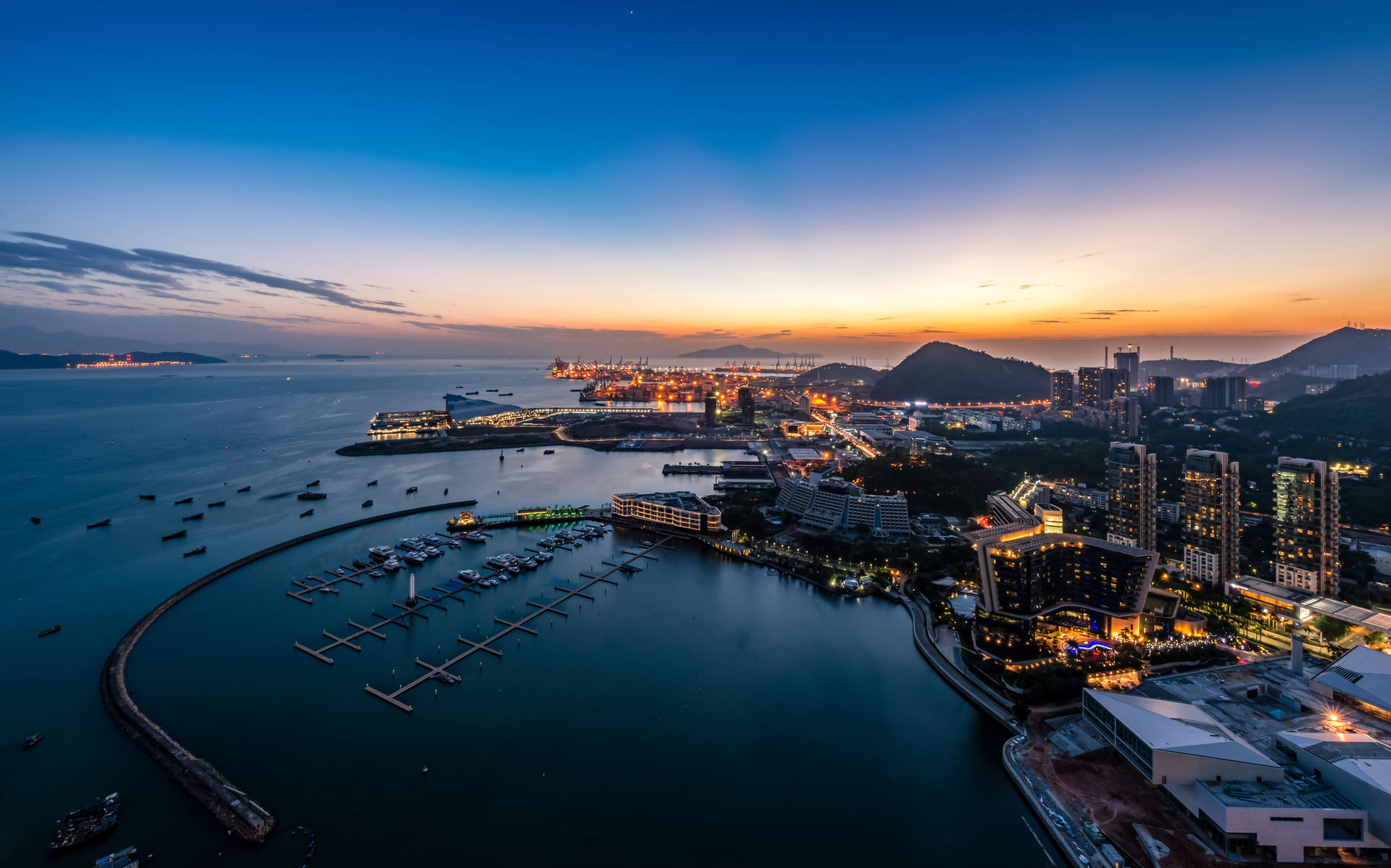


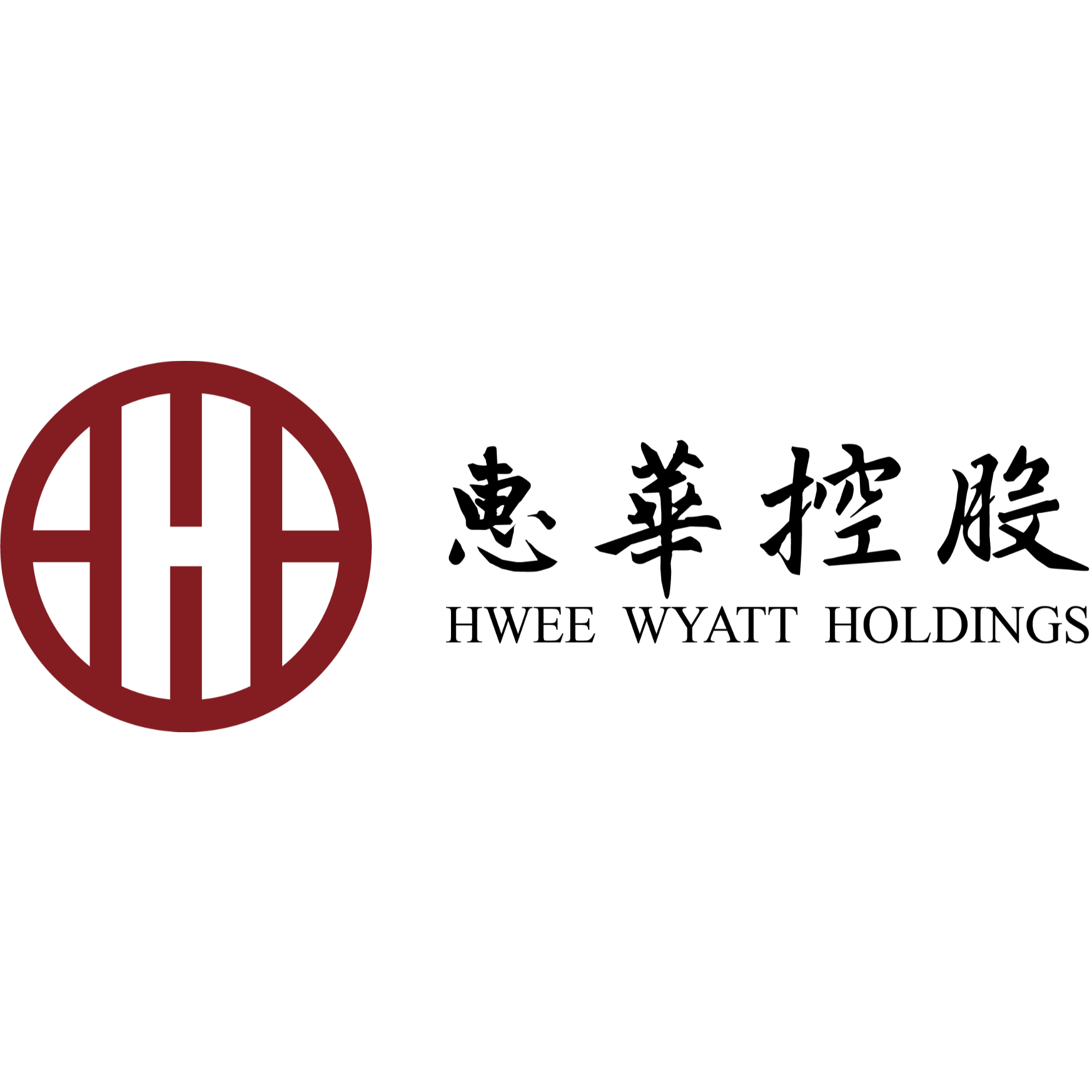
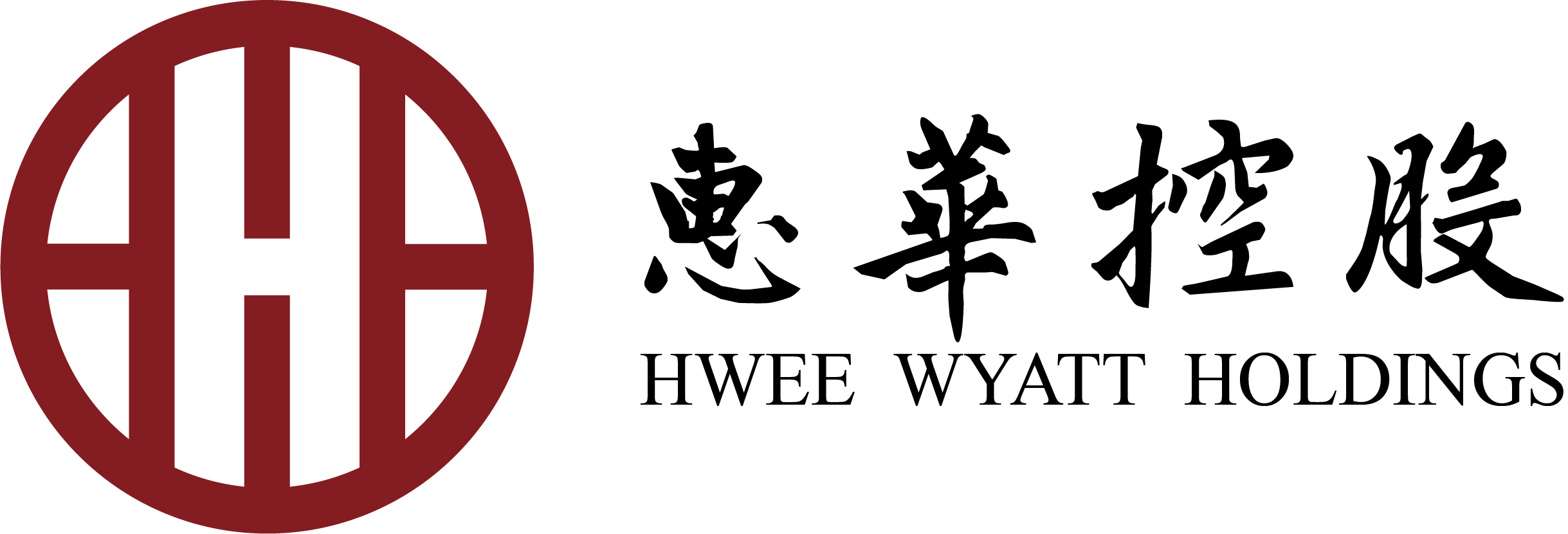



Please first Loginlater ~